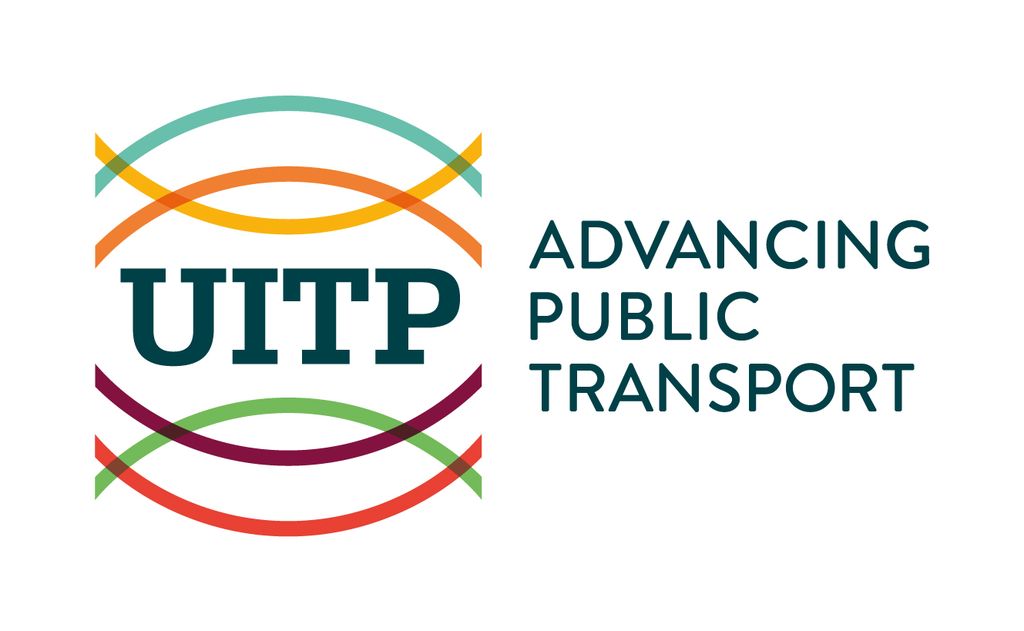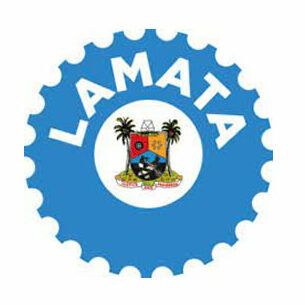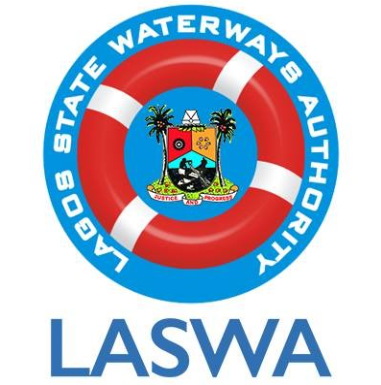
15th PARATRANSIT WORKING GROUP MEETING & TRANSPORT FORUM
Practical Information
Agenda Overview
Day 1: 27th February 2025: 2025 Nigeria Transport Forum meeting
(The meeting complies with theUITP ANTITRUST POLICY)
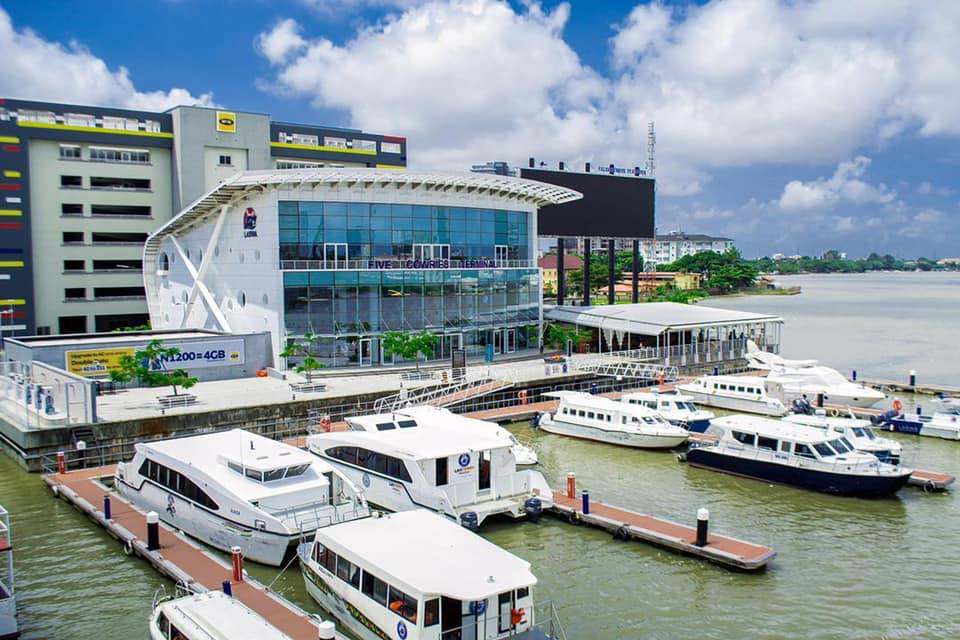
Day 2: 28th February 2025: Nigeria Transport Forum final discussion & technical visit
Bear in mind that the technical visit will be upon invitation only.
The technical tour will take us through different transport modes which will be proposed and will involve rail, BRT, waterway services and specific interchanges. The visit may be subject to change depending on specific conditions.
Registration QR
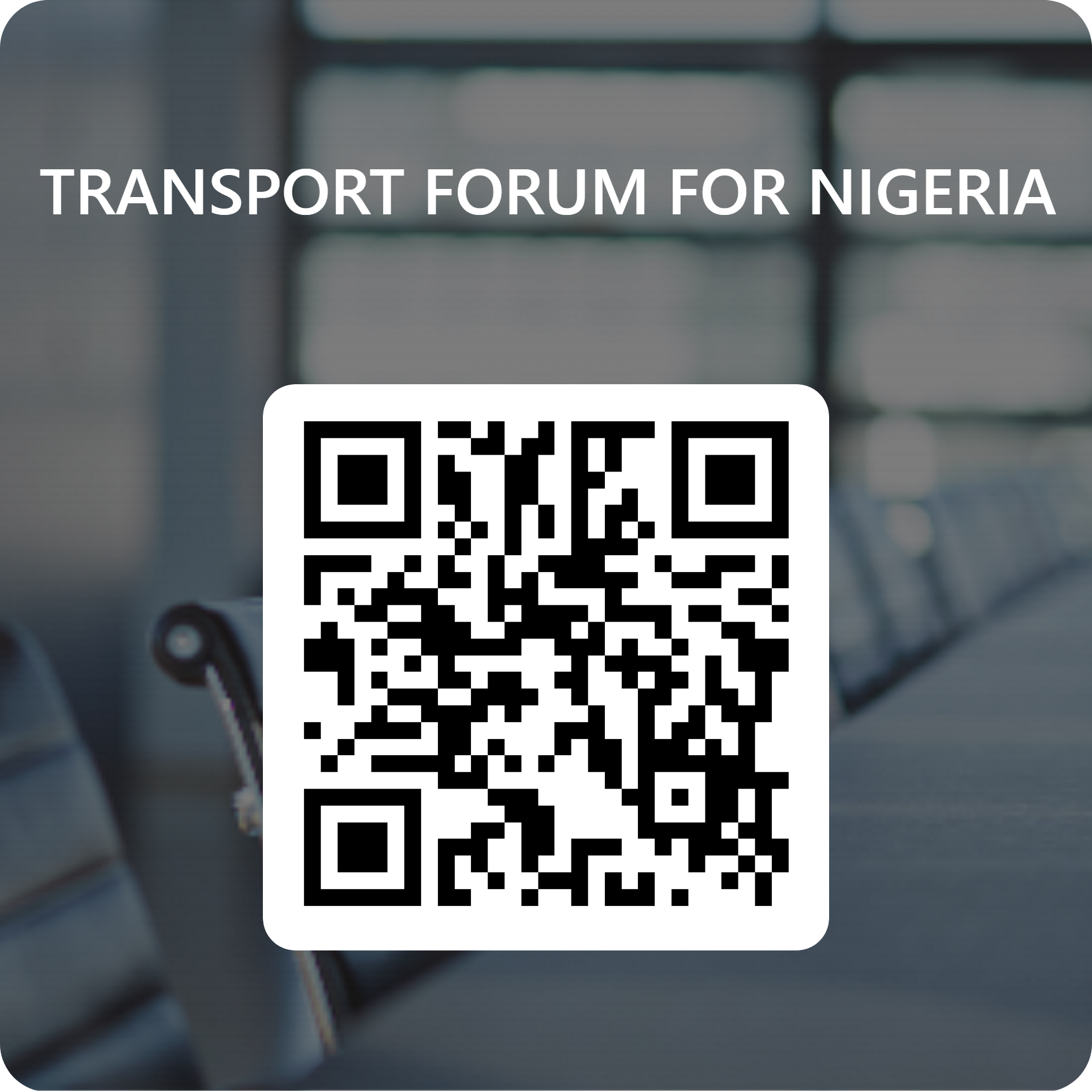
Languages and real time translation
We should use a specific tool for translation into French. More information shared on this below.
English – French
UITP is eager to improve the experience of our members. UITP will start to use a live translation tool called WORDLY. You can access it during a meeting via your smartphone, tablet or computer by scanning a QR code. No registration is required. If the language of the speaker changes, the participants will continue to receive the interpretation from the new language.
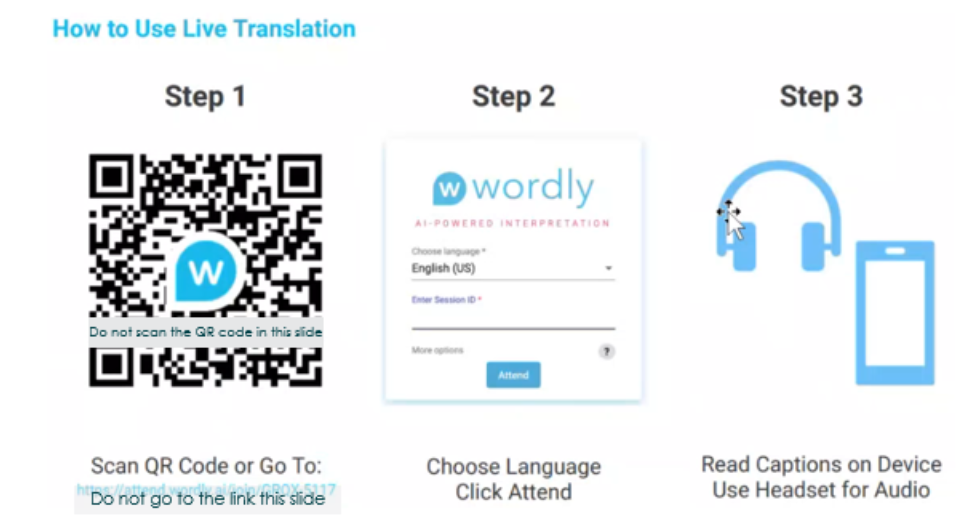
- Are you online?
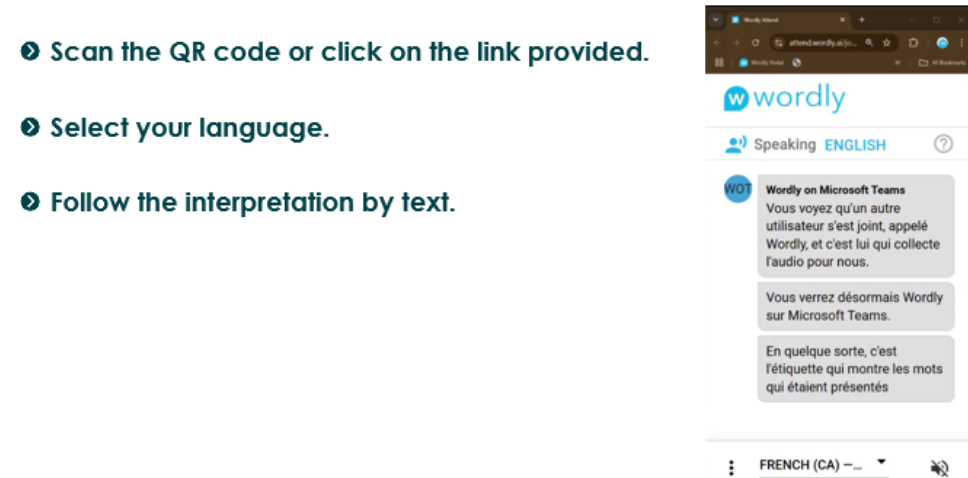
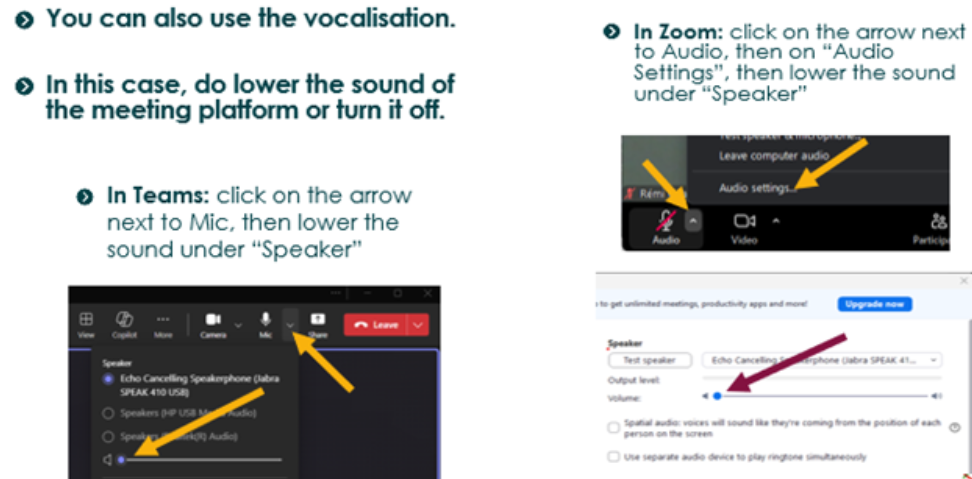
- Are you onsite?
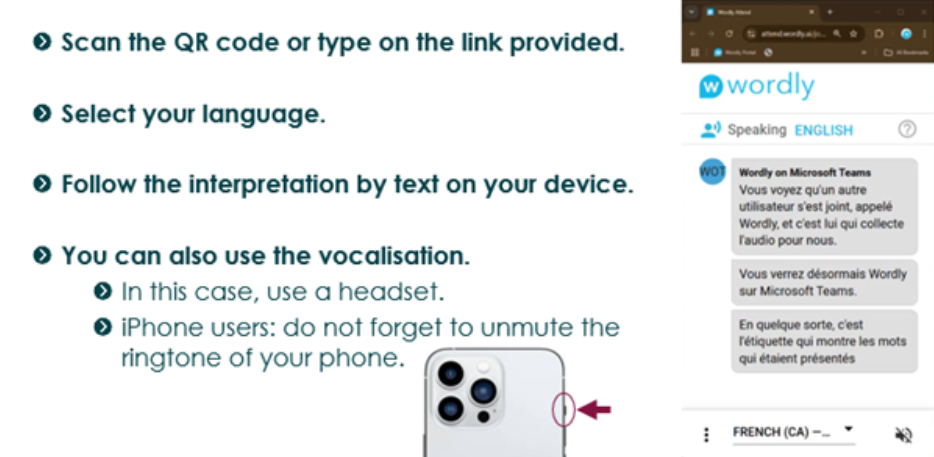
Visa requirements
If you plan on traveling to Nigeria, we remind you to apply for a Visa to enter Nigeria through this website:
Should you need it, UITP can provide you with a letter to support your Visa application.
Airport Pick-Up
For an airport pick-up, a service may be booked for you. Please make sure you fill in the request in the registration.
The cost of the pick-up is the following:
- Saloon Car 20,000 Naira (12.12 Euros)
- Full size SUV 32,000 Naira (19.40 Euros)
- With the Bus(15-seater) 60,000 Naira (36.37 Euros)
We would appreciate that you let us know if you would like to use this service. In which case, please cover your costs. Please provide this information in the registration form.
Vaccines and health recommendations
- Yellow Fever
To enter Nigeria, it is recommended to be vaccinated against the Yellow Fever.You may be requested to show your Yellow certificate to the authorities when entering the country.
- Hepatitis A
It is recommended to be vaccinated against Hepatitis A.
- Malaria
A high malaria risk predominantly due to P. falciparum mosquitoes exists throughout the year in the entire country.We advise you to be cautious and take appropriate actions/medications to stay safe against mosquitoes’ bites during the day and night.
Contact
UITP

Plugs

In Nigeria, power plugs and sockets (outlets) of type D and type G are used. The standard voltage is 230 V at a frequency of 50 Hz.

